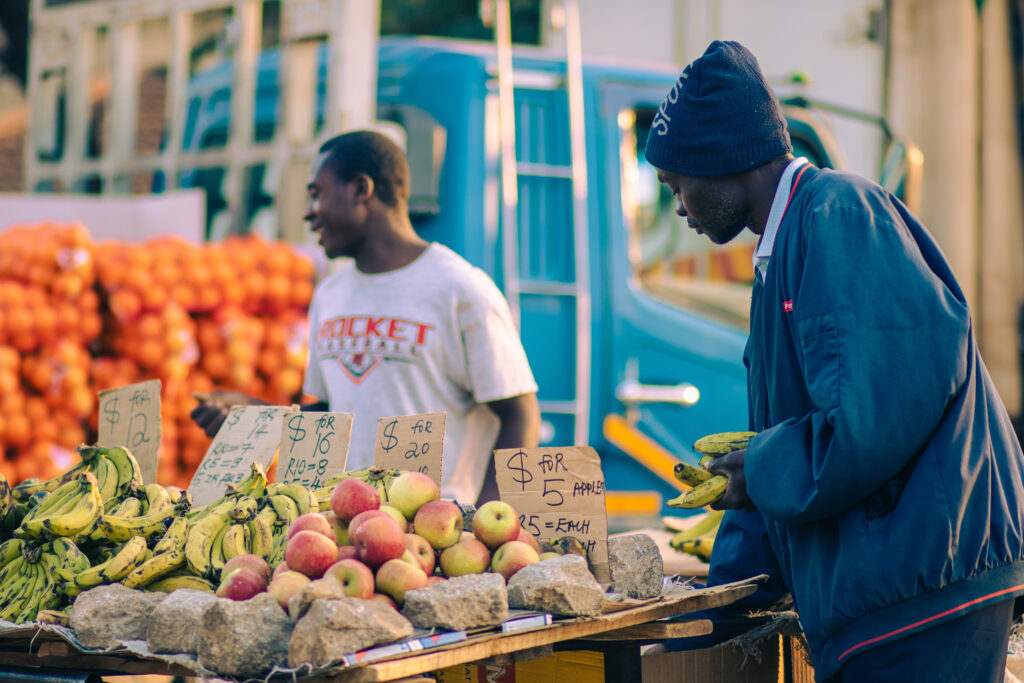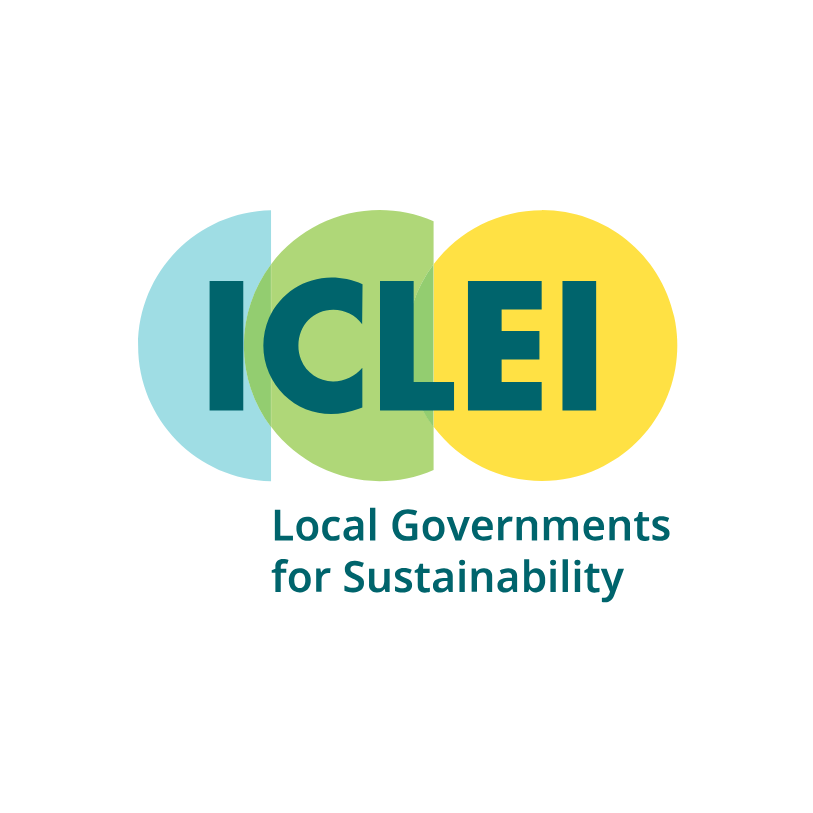Home » Explore the latest project news » Cold storage brings food safety benefits to Kisumu’s informal market vendors
Cold storage brings food safety benefits to Kisumu’s informal market vendors
In Kisumu, Kenya, informal food vendors like the women of Obunga Market keep the city fed—often under unsafe and unsanitary conditions; AfriFOODlinks is working with them to change that, one cold room at a time.
This blog was written by Felistus Mwalia (APHRC) and edited by Mulesa Lumina (ICLEI Africa)
In cities across Africa, informal markets dominate the food landscape. In Kenya, street food from informal vendors is a daily source of nutrition, especially for people living in informal settlements. A systematic review of 23 studies from nine countries, including Kenya, found that street food can account for up to 50% of adults’ and 40% of children’s daily food intake in sub-Saharan Africa. For those without consistent access to cooking facilities or refrigeration at home, street food offers affordability, flexibility, and convenience.
Benefits that come with risks and hidden costs
A 2022 study by Blackmore and colleagues found how informal dairy markets in many low- and lower-middle-income countries are often made up of small-scale and traditional producers, processors, and retailers, most of whom operate with limited infrastructure. These actors are also frequently left out of public health systems and receive little support from food safety programs.
Food safety challenges are unfortunately common in informal food systems. Market vendors frequently lack access to clean water, hygienic food preparation areas, proper waste disposal, and reliable electricity. This makes it difficult to store food safely, increasing the risk of contamination and foodborne illness.
In Kisumu, Kenya, nearly half the population lives in informal settlements and depends on roadside stalls and informal vendors for their daily food supply. Among these is the Obunga Pap Mbuta Market, locally known as the “mgongo-wazi” fish frying market.
Obunga Pap Mbuta Market is a critical food hub for the city’s low-income residents and a source of livelihood for over 200 fishmongers, most of whom are women. These vendors fry and sell mgongo-wazi, the bony fish remains left over from factory fileting.
During a site visit to Obunga, the AfriFOODlinks team of the African Population and Health Research Centre (APHRC) engaged with fish vendors and documented the harsh conditions they operate in. Among the key concerns raised were:
- No cold storage or preservation facilities;
- Poor drainage, causing frequent flooding when raining;
- Poor sanitation infrastructure; and
- Unsafe and physically demanding working conditions.
“When it rains we face serious challenges. Sometimes you’ve already fried your fish and left it in the store or gone to the market and when you return everything is flooded, everything is ruined. Other times you’ve prepared your fish in the evening, but it's too late to fry. If you leave it overnight, by morning it has gone to waste. There is nothing you can do except to keep it dry in the sun and once you do that, its market value drops.”
Irene Aum, fishmonger at Obunga
Watch the video below to hear directly from Kisumu’s fish vendors and learn what it truly means to feed a city under challenging conditions.
What’s cooking next
What’s cooking next
Through the AfriFOODlinks project, the APHRC is responding to these challenges with tangible, community-driven solutions. One of the vendors’ strongest calls was the need for cold storage to reduce spoilage, improve hygiene, and protect the quality of their products.
In response, APHRC co-designed and installed a cold room at Obunga Market using locally available materials. The initiative is paired with training for County public health officers, who will mentor and support the vendors on food hygiene and safety.
This work mirrors and aligns with one of AfriFOODlinks’ core objectives: To improve food security and urban sustainability in 65+ cities by promoting inclusive governance that empowers local actors to shape their food systems. Infrastructure is one of the project’s three focus areas for strengthening urban food environments; an approach clearly reflected in Kisumu, where market conditions directly affect public health and food safety.
Everyone, regardless of where they live or what they earn, has the right to access safe, nutritious, and affordable food. Yet in markets like Obunga, poor infrastructure and unsafe working conditions undermine this. Ensuring food safety in Kisumu means investing in the people who feed the city: by providing cold storage, improving working conditions, and equipping vendors with the training and support they need to maintain good food hygiene and quality.
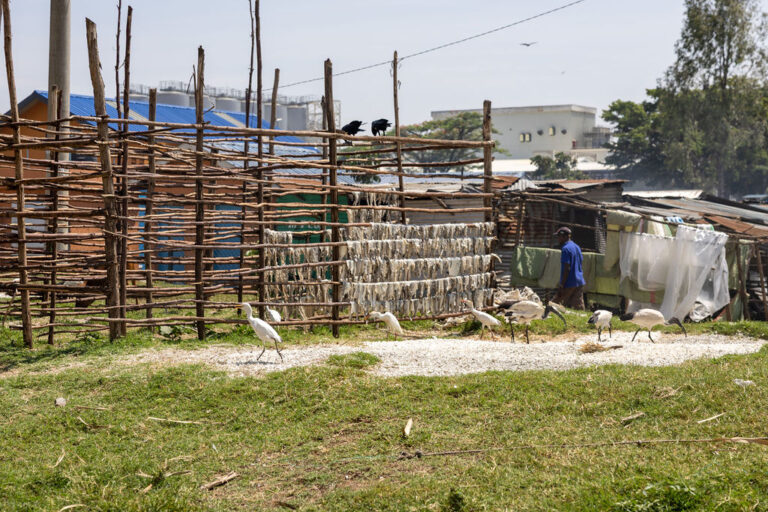
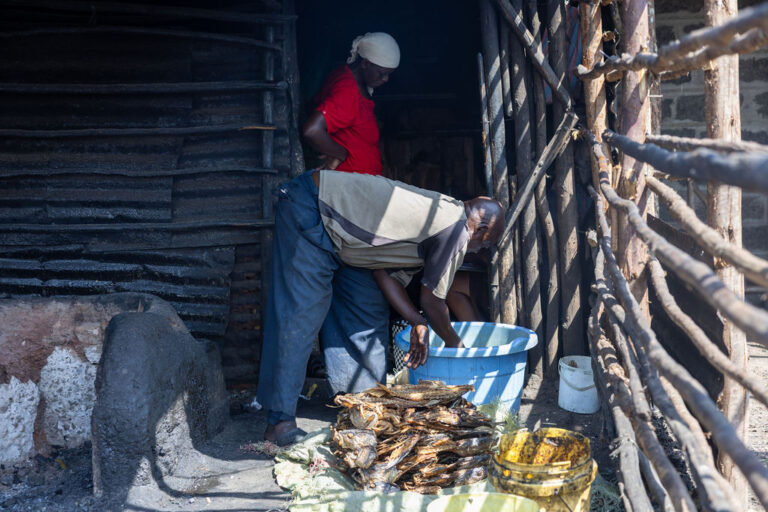
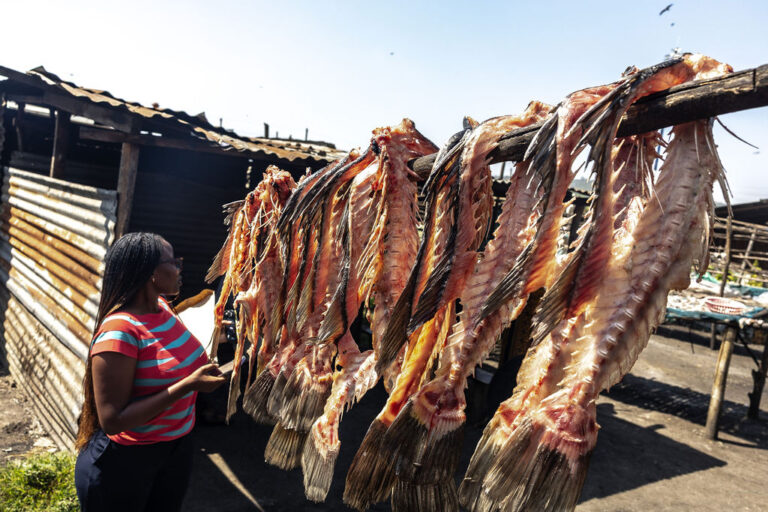
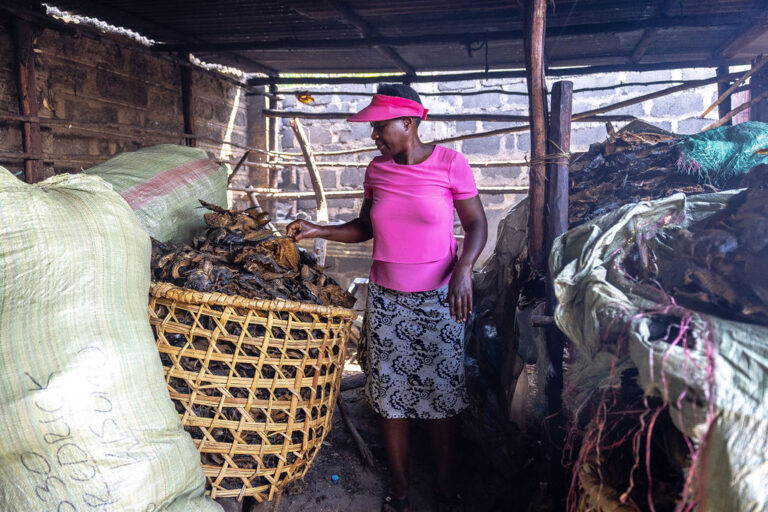
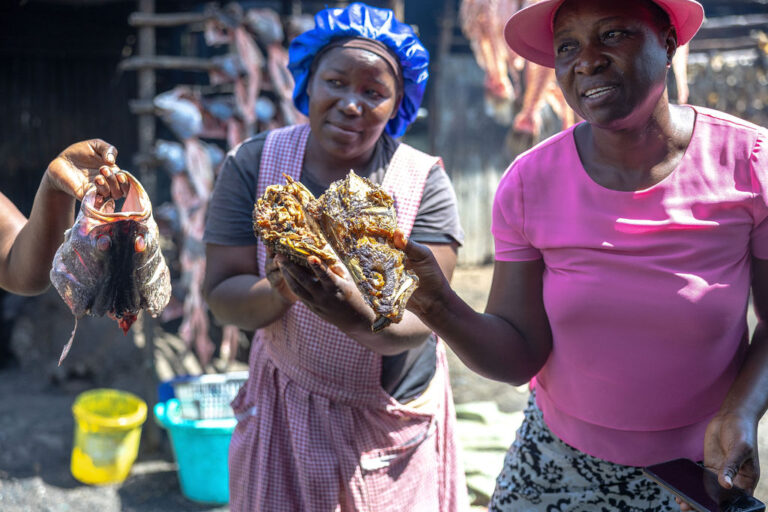
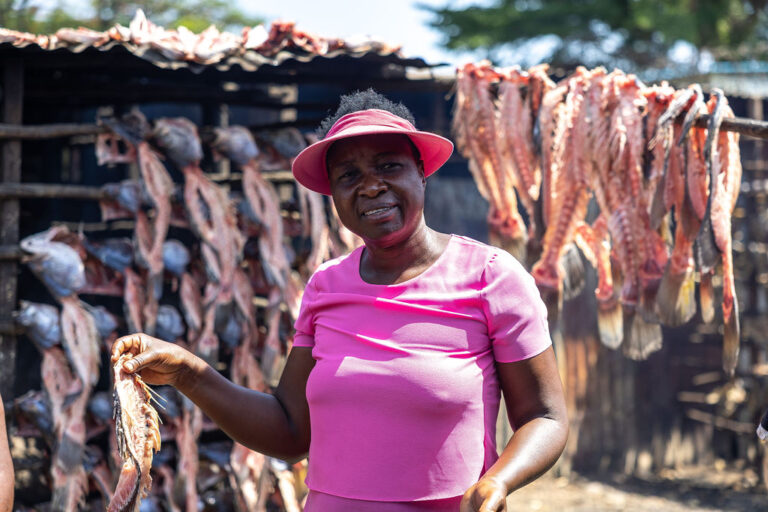
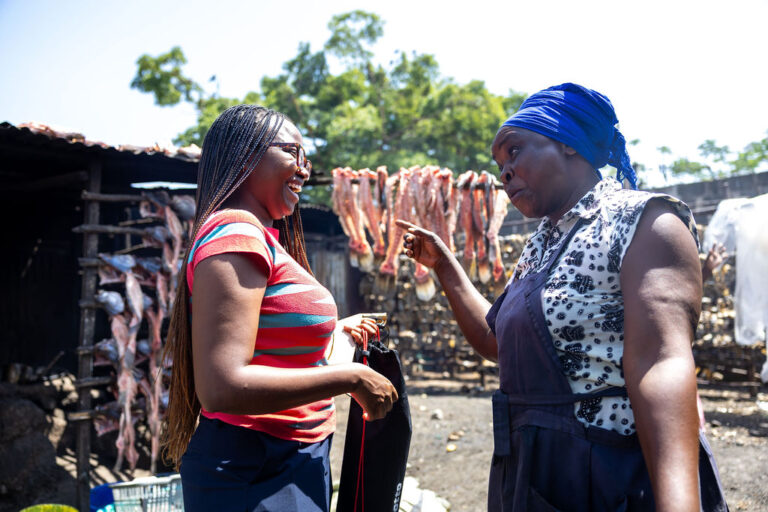
Explore
"incubation"

Read more about
"incubation"
READ MORE
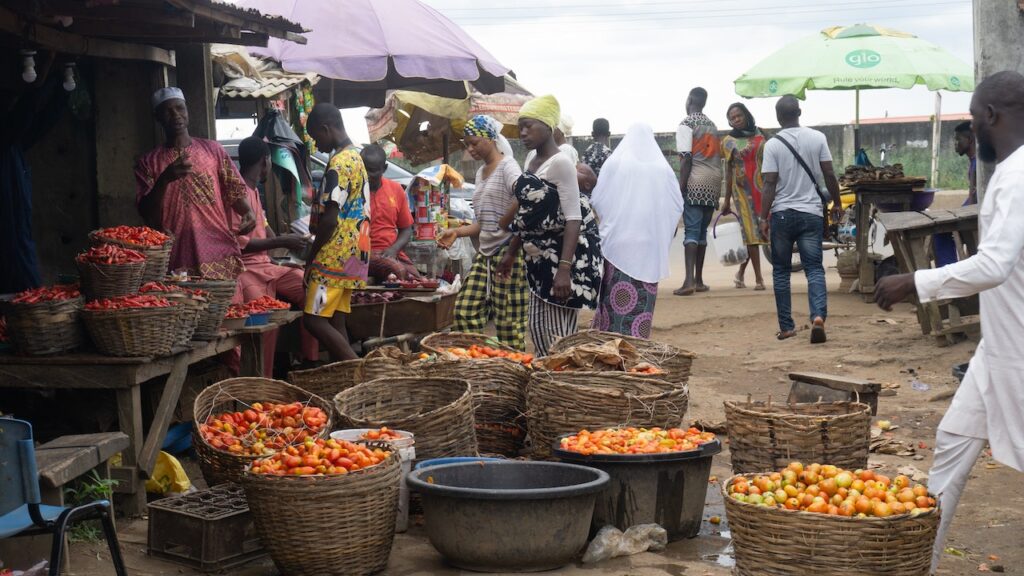
Cultivate Marketplace for transforming African urban food systems: Building bridges between cities and global funders
Unlike a traditional pitch event, the Marketplace will create a structured, low-risk space where cities and funders can learn from one another, exchange insights, and explore alignment.


